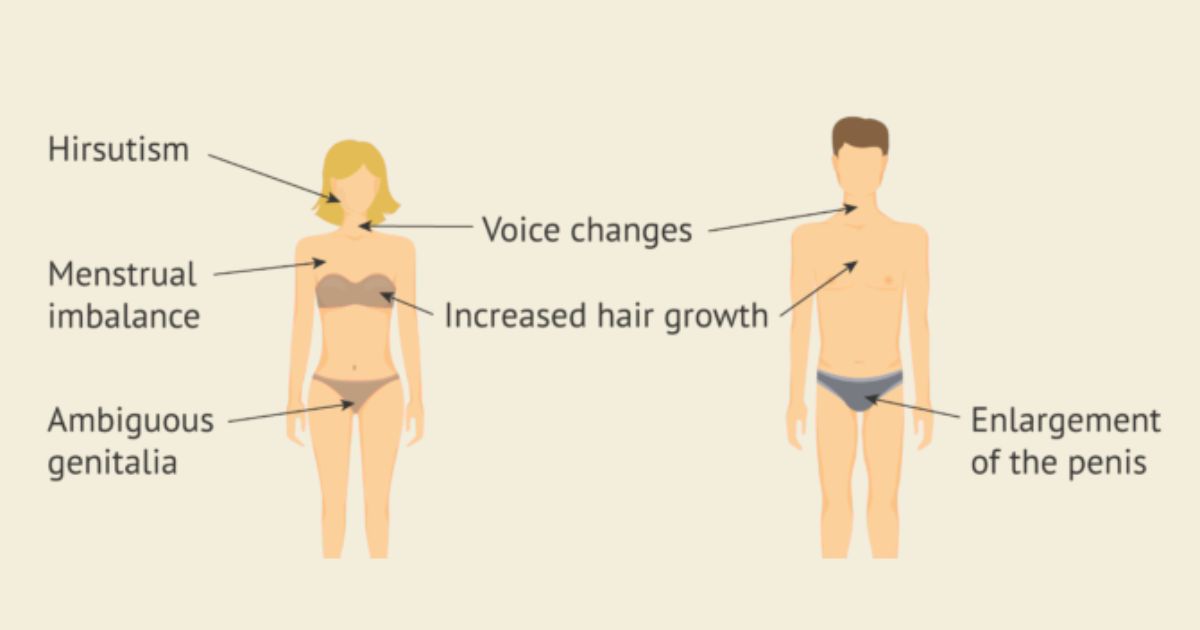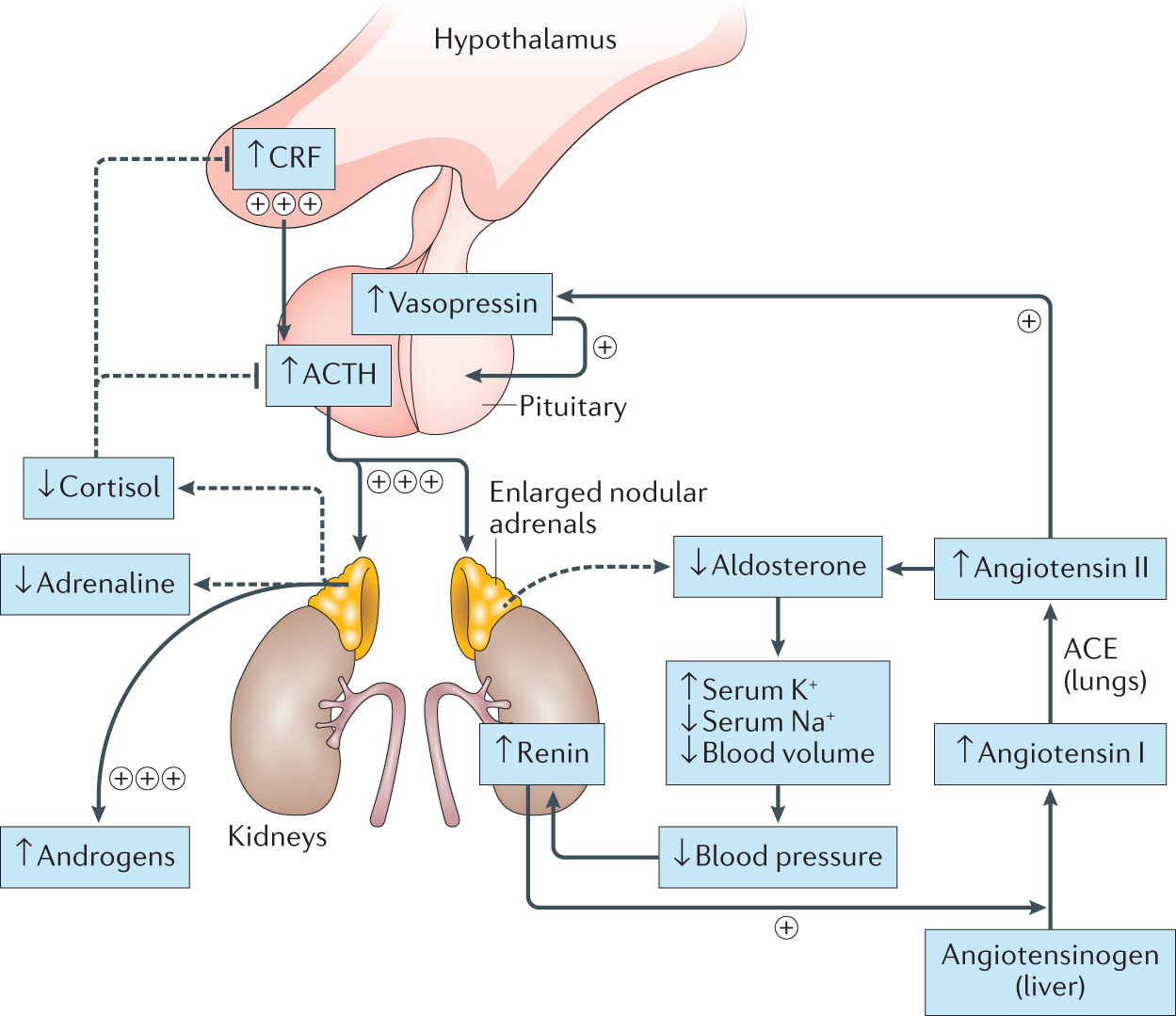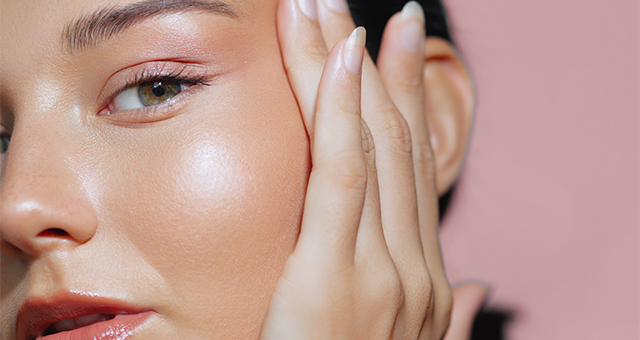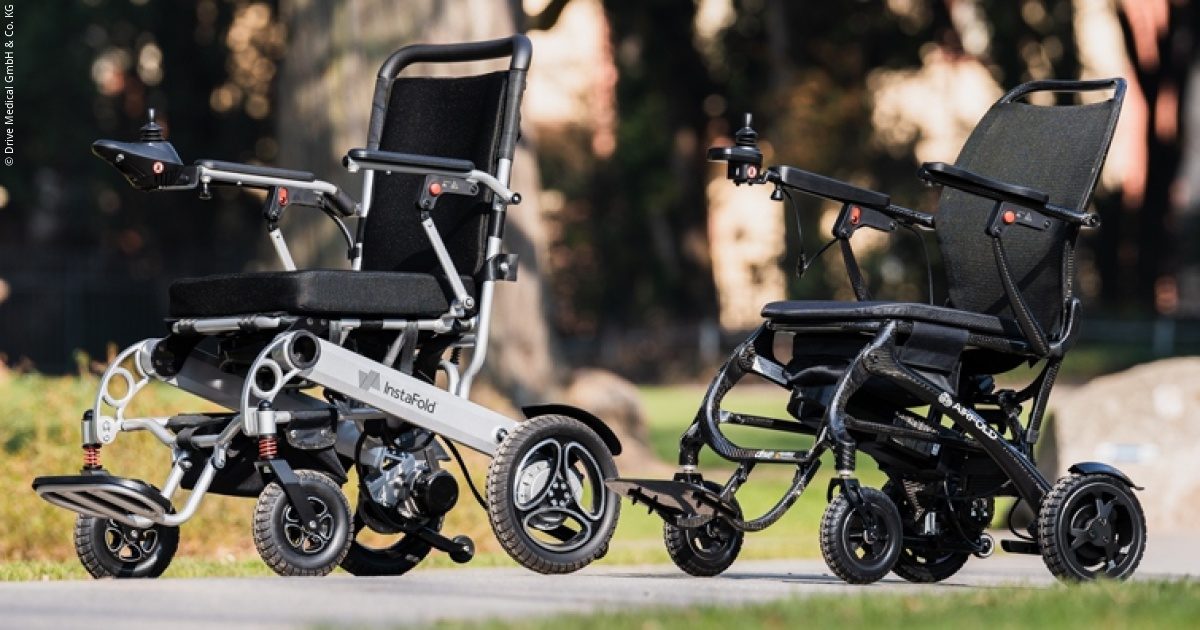Understanding CAH in Women: 7 Must-Know Insights on Health & Treatment

Congenital Adrenal Hyperplasia (CAH) is a genetic disorder that impacts how the adrenal glands produce essential hormones. While CAH can affect both men and women, its influence on women is particularly significant because of its impact on reproductive health, hormone balance, and long-term wellbeing.
The term “CAH in women” describes a spectrum of conditions where females experience hormonal imbalances, irregular menstrual cycles, difficulties with fertility, and sometimes physical differences that appear from birth. With proper diagnosis, timely treatment, and medical guidance, women with CAH can lead healthy, fulfilling lives.
This article will explore cah in women meaning, the causes and symptoms, the connection to women’s health, and the range of available treatments. The goal is to provide accurate, comprehensive information that helps readers understand this condition better and encourages proactive healthcare decisions.
1. CAH in Women Meaning: What Does It Really Mean?

The phrase “cah in women meaning” refers to how Congenital Adrenal Hyperplasia manifests in females and the unique challenges it brings.
CAH occurs when there is a mutation in genes responsible for producing enzymes needed by the adrenal glands. The most common enzyme deficiency is 21-hydroxylase, which disrupts cortisol and aldosterone production. To compensate, the adrenal glands overproduce androgens (male sex hormones), causing a cascade of symptoms.
For women, this hormonal imbalance may cause:
- Development of male-like features (excess hair growth, deepened voice).
-Irregular or absent menstrual cycles.
- Fertility challenges due to ovulation problems.
- Emotional and psychological impacts tied to body image and identity.
According to the National Institutes of Health (NIH), CAH affects approximately 1 in 10,000 to 15,000 live births worldwide. Its presentation in women often requires more nuanced management compared to men due to the reproductive and social implications.
2. Causes of CAH in Women: Genetic and Hormonal Mechanisms

The underlying cause of CAH is genetic inheritance. Women with CAH inherit defective genes from both parents. These genes prevent the adrenal glands from producing enough cortisol, aldosterone, or both.
- Cortisol deficiency: Cortisol regulates stress response, blood sugar, and metabolism. Without it, women may experience fatigue, stress intolerance, and adrenal crises.
- Aldosterone deficiency: This hormone balances sodium and potassium. Deficiency can lead to dehydration, low blood pressure, and electrolyte imbalances.
- Androgen excess: The body produces excess male hormones, which in women results in virilization, infertility, and changes in physical appearance.
A study published in The Journal of Clinical Endocrinology & Metabolism highlights that up to 95% of CAH cases are linked to 21-hydroxylase deficiency.
3. Symptoms of CAH in Women

The symptoms of Congenital Adrenal Hyperplasia (CAH) can differ significantly depending on the type of the condition. In classic CAH, which is the more severe form and typically appears at birth or in early infancy, symptoms may include ambiguous genitalia in females, dehydration, low blood pressure, and poor weight gain, all of which require immediate medical attention. On the other hand, non-classic CAH is a milder form that often develops later in childhood, adolescence, or even adulthood. Its symptoms are usually less obvious and can include irregular menstrual cycles, excessive hair growth, acne, or fertility issues. Because of these differences, the timing and presentation of CAH symptoms vary widely, making early recognition and proper diagnosis crucial for effective treatment and long-term health management.
3.1 Symptoms in Childhood and Adolescence
- Unusual genital development detected at birth.
- Early puberty or rapid growth in childhood.
- Irregular menstruation during adolescence.
3.2 Symptoms in Adult Women
- Persistent irregular or absent periods.
- Excessive body or facial hair (hirsutism).
- Acne resistant to typical treatments.
- Fertility problems or miscarriages.
- Psychological challenges, including stress and anxiety due to physical symptoms.
3.3 Long-Term Health Concerns
- Osteoporosis risk due to long-term steroid use.
- Increased body mass index (BMI) and metabolic syndrome.
- Cardiovascular risks linked with hormonal imbalance.
Mayo Clinic emphasizes that early recognition and consistent monitoring are essential for women, as they play a critical role in preventing complications that could affect not only physical health—such as chronic pain, digestive issues, or long-term medical conditions—but also emotional well-being, including stress, anxiety, and reduced quality of life. By paying close attention to subtle warning signs and seeking timely medical advice, women can take proactive steps to protect their overall health and ensure better long-term outcomes.
4. CAH in Women’s Health: Beyond the Physical Symptoms
The phrase “cah in women’s health” goes beyond biology—it covers emotional wellbeing, reproductive choices, and social acceptance.
4.1 Impact on Reproductive Health
- Difficulty conceiving due to irregular ovulation.
- Higher risk of infertility if not managed early.
- Pregnancy complications requiring specialized care.
4.2 Psychological and Emotional Health
Living with Congenital Adrenal Hyperplasia (CAH) can bring ongoing emotional and psychological challenges that extend far beyond the physical symptoms of the condition. Many women experience heightened levels of stress, persistent anxiety, or feelings of isolation as they navigate a world where their experiences are often misunderstood. Physical changes related to CAH may contribute to struggles with body image, self-esteem, or even questions about gender identity, making social interactions and personal relationships more complex. These challenges can also affect confidence in both professional and personal settings, leading some women to withdraw or feel less empowered. For this reason, access to counseling, therapy, and peer support groups is not just helpful but vital. Such resources provide a safe space to share experiences, learn coping strategies, and build resilience while fostering a sense of belonging and community. With the right psychological support and social connections, women living with CAH can better manage emotional hurdles, reclaim confidence, and improve their overall quality of life.
4.3 Social and Relationship Challenges

Stigma and lack of awareness can deeply impact women’s relationships at every stage, from dating and building trust in new partnerships to maintaining long-term commitments such as marriage. Misunderstandings, fear of judgment, or limited knowledge about certain health conditions may create emotional distance, reduce intimacy, or place strain on couples. However, fostering open and honest communication allows partners to better understand each other’s experiences and challenges. Combined with reliable medical guidance and professional support, women can find effective ways to manage these difficulties, strengthen their relationships, and build a foundation of empathy, respect, and resilience.
According to Endocrine Reviews, psychosocial support is considered a “core component” of CAH management.
5. CAH in Women Treatment: Current and Emerging Options
When discussing “cah in women treatment”, it’s essential to highlight both established and evolving therapies.
5.1 Medication-Based Treatment
- Glucocorticoids (like hydrocortisone, prednisone, dexamethasone): replace cortisol and reduce excess androgen production.
- Mineralocorticoids (like fludrocortisone): replace aldosterone in women with salt-wasting CAH.
- Regular monitoring ensures dosage adjustments and minimizes side effects.
5.2 Surgical Options
- Genital reconstructive surgery may be considered in severe cases.
- Surgeries must be carefully evaluated, ideally with patient consent when old enough to decide.
5.3 Fertility Treatments
- Ovulation induction therapy for women wanting children.
- In vitro fertilization (IVF) when conventional methods fail.
- Genetic counseling for couples concerned about passing on CAH.
5.4 Lifestyle and Supportive Therapies
- Nutrition and exercise to maintain metabolic health.
- Psychological counseling to support self-esteem and relationships.
- Support groups for sharing experiences.
5.5 Emerging Research
Recent studies explore gene therapy and novel enzyme replacement therapies. While still experimental, these hold promise for more targeted treatment in the future.
6. Fertility, Pregnancy, and Family Planning in CAH
Many women with CAH worry about fertility. While challenges exist, medical advances have improved outcomes:
- Non-classic CAH women often maintain fertility with minimal intervention.
- Classic CAH women may require hormone therapy or assisted reproductive technology.
- High-risk pregnancies require endocrinologists and obstetricians specializing in CAH.
A 2022 study in Fertility and Sterility found that women with well-managed CAH had successful pregnancy outcomes comparable to the general population, though with more medical oversight.
7. Living with CAH: Long-Term Outlook for Women
Women diagnosed with Congenital Adrenal Hyperplasia (CAH) can live long, healthy, and fulfilling lives when the condition is carefully managed through consistent treatment and ongoing medical supervision. Adhering to prescribed hormone replacement therapy, maintaining regular follow-up visits with endocrinologists, and monitoring for potential complications such as fertility issues or bone health concerns are all essential for long-term well-being. Beyond physical care, emotional support, lifestyle adjustments, and access to counseling can further enhance quality of life, helping women build confidence and resilience. With proactive management, strong medical guidance, and a supportive environment, women with CAH are fully capable of pursuing their goals, nurturing relationships, and enjoying the same opportunities as anyone else.
7.1 Quality of Life
With proper medical management and consistent care, many women with CAH are able to build successful careers, form and sustain meaningful relationships, and even embrace motherhood when fertility is addressed appropriately. Beyond physical treatment, access to psychological support—such as counseling or participation in support groups—plays a vital role in strengthening resilience, fostering self-confidence, and helping women navigate the emotional challenges that may accompany the condition.
7.2 Long-Term Risks
Chronic steroid use may lead to bone density loss, weight gain, or metabolic issues. Regular screening helps mitigate these risks.
7.3 Empowerment and Advocacy
Raising awareness about CAH helps reduce stigma and ensures women have access to the right care and social acceptance.
Conclusion
Understanding cah in women meaning requires looking at more than just hormone deficiencies. It’s about recognizing how CAH shapes women’s health, fertility, and emotional wellbeing. Modern medicine has made tremendous strides in cah in women treatment, allowing affected women to live normal, fulfilling lives.
While challenges remain, awareness, early diagnosis, and continuous research give hope for even better treatment options in the future. Empowering women with CAH means ensuring they receive both medical and emotional support throughout their journey.
ADVERTISEMENT





